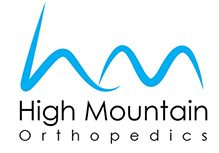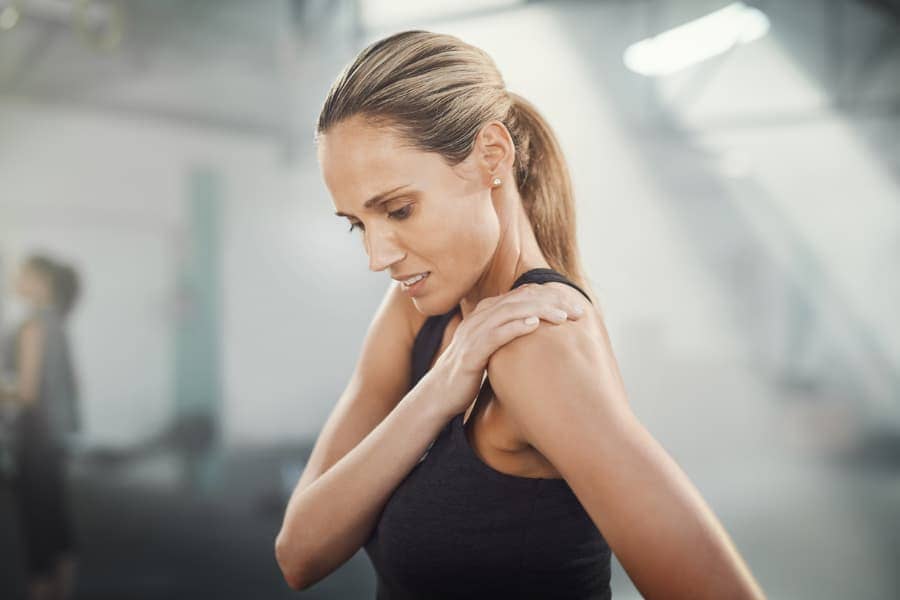Repetitive motions cause strain, and collisions or other intense incidents at sporting events can have devastating effects on athletes’ bones, spines, muscles, and limbs. Dr. Tony S. Wanich at High Mountain Orthopedics, serving the Wayne, Paramus, and Englewood areas in New Jersey, specializes in a variety of sports medicine treatments to help patients recover from these injuries. Here, our team takes a closer look at common sports injuries and what you should know about them.
Strains and Sprains
Strains to muscles, as well as sprains that damage a ligament, can be some of the milder sports injuries. However, that doesn’t mean that they aren’t painful experiences or can’t have a serious effect on participation in sports and workout activities. Symptoms include:
- Immediate pain
- Limitations to movement
- Swelling
- Bruising
If icing, elevation, anti-inflammatories, and a few days of rest don’t result in improvement, it’s best to seek medical advice.
Knee Injuries
Knees can be vulnerable to slips, falls, and sudden twists – all movements that are common to playing sports. Knees are supported by muscles in the calf and thigh, so sports injuries that occur in these muscle groups also can affect the knee. That includes tears to the anterior cruciate ligament, often referred to as the ACL. Arthritis, torn cartilage, and strained ligaments all can take a toll on the knees, inhibiting natural movement. In turn, this can further weaken necessary muscles and exacerbate the injury.
High Mountain Orthopedics can diagnose knee injuries, often using arthroscopy, and prescribe a variety of treatments. These may include:
- Physical therapy
- Meniscal repair
- ACL reconstruction
- Knee replacements
Elbow Injuries
Golfer’s elbow and tennis elbow are common names for tendonitis, but they affect different sides of the arm. These sports injuries are painful and affect athletes other than golfers and tennis players, and many occupations also experience these repetitive motion injuries. The tendons that attach muscles in the arms to the bones wear over time and form tears. This results in pains felt along the forearms and can affect the movement of fingers and wrists, as well as the overall strength of the arms. Symptoms of these sports injuries to the elbow might include:
- Numbness
- Tenderness
- Stiffness
- Weakness
- Swelling
Treatments for golfer’s elbow and tennis elbow include both non-invasive and surgical treatments. Usually starting with physical therapy and strategies to reduce inflammation, moderate or severe cases of tendonitis that affects the elbow may require arthroscopy, repair or replacement of the tendons, surgical placement of the nerve, or elbow replacement.
Hip Injuries
Gym workout routines, as well as basketball, hockey, lacrosse, and other sports, often involve sudden twists and power moves that utilize the hips. If the movement is unusual, or because of wear over time, the cartilage that surrounds the hips may tear, and this labral tear may cause pain in the hip or groin. Pain also can be caused by strains to either the hip flexor muscles in the thigh or to the muscles of the inner thigh.
When athletes experience pain in these areas, it’s best to schedule a consultation with our orthopedic specialists. They can correctly diagnose the problem and prescribe treatments, ranging from rest to surgical repair. For more information, request an appointment at High Mountain Orthopedics in Wayne, Paramus, or Englewood, NJ, today.

